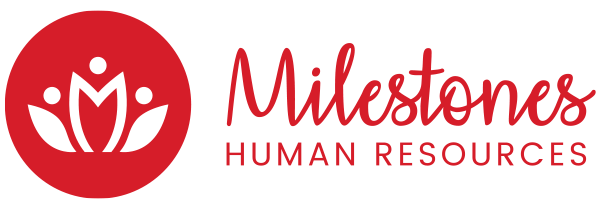We often partner with clients to conduct employee surveys. Our employee survey is called Voice of the Employee; with the emphasis on “voice.” For our engagement, we meet with every employee, in person or via screen, for 15 minutes to ask some key questions. While we do offer an online employee survey as well, we prefer to start the survey cadence by meeting the employees to build rapport and to allow for important follow up questions to their answers. All that said, employee surveys are only effective if an employer follows some best practices. Here are some key do’s and don’ts to keep in mind:
Do’s:
- Ensure Confidentiality:
- Reassure employees that their responses will remain anonymous and confidential to encourage honesty and openness.
- Be Upfront with How Data will be Used/Conveyed:
- Share a message before we conducting the survey stating how the data will be used.
- Disclose what action will come out of patterned data.
- Create Clear and Relevant Questions:
- Keep questions focused, clear, and easy to understand.
- Ensure the questions are relevant and reflect the topics you want feedback on.
- Make it Short and Engaging:
- Respect your employees’ time. A long, tedious survey may result in incomplete answers or lower response rates.
- Aim for brevity while covering the necessary topics. We keep our survey inquires to 15 minutes or less.
- Provide Follow-up:
- Share the results of the survey with employees and outline the steps that will be taken based on their feedback. This shows that their voices matter and fosters trust.
- Use Actionable Data:
- Ensure that the survey results are used to make meaningful improvements. If employees see that their feedback leads to positive change, they’re more likely to engage in future surveys.
Things to avoid doing include:
- Don’t Ask Irrelevant or Vague Questions:
- Avoid asking questions that don’t tie directly to improving employee experience or workplace culture.
- Vague or irrelevant questions can frustrate employees and lead to poor-quality responses.
- Don’t Use Leading Questions:
- Don’t ask questions that suggest a particular answer. For example, “How great is our company culture?” This will skew the results and diminish the validity of the data.
- Don’t Ignore the Feedback:
- Failing to act on employee feedback can make employees feel that their opinions are not valued, leading to disengagement.
- Ignoring feedback can do a lot of harm. It can create further issues within the work environment as well as decreased participation in requests for feedback in the future.
- Don’t Overwhelm Employees:
- Avoid making the survey too long or too frequent. If employees feel like they’re constantly being surveyed, it could lead to survey fatigue and lower response rates.
- Don’t Use a One-Size-Fits-All Approach:
- Customize surveys based on the company, team, or role if possible. Generic surveys might miss specific issues that are relevant to different groups within the organization.
- Don’t Make It Mandatory:
- While you may encourage employees to participate, don’t force them to participate in the survey. Participation should be voluntary to ensure genuine responses.
- Don’t Overlook the Timing:
- Avoid conducting surveys at inconvenient times (like during holidays, company-wide events, or peak work periods).
- Choose a time when employees are more likely to engage with it.
- Don’t Make the Results Too Complicated to Understand:
- After collecting data, make sure the results are easily interpretable.
- Complex data with no clear insights can be confusing and fail to drive meaningful changes.
By following these best practices, you can create an employee survey that yields valuable insights and helps foster a more positive and productive workplace environment. Using a 3rd party to conduct an employee survey is the best practice. We’d be happy to explore a partnership for your organization. Contact us at www.milestoneshr.com or at 608-370-4642. We look forward to hearing from you!

